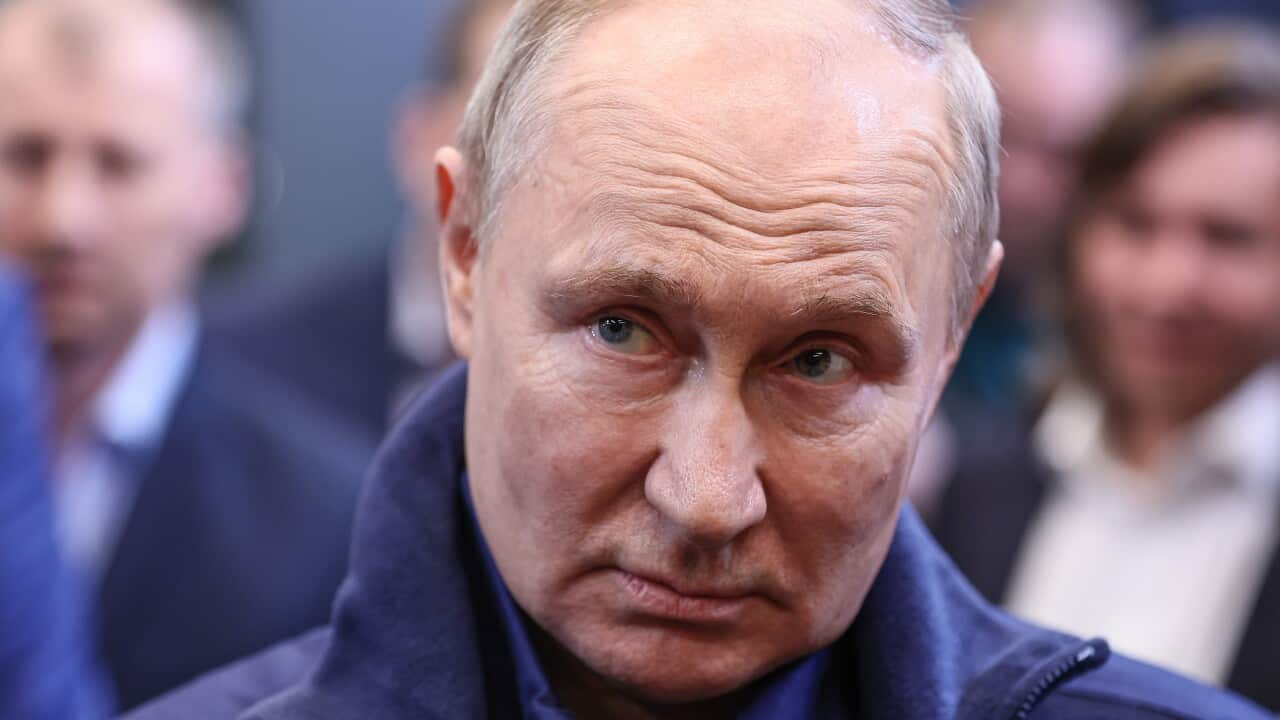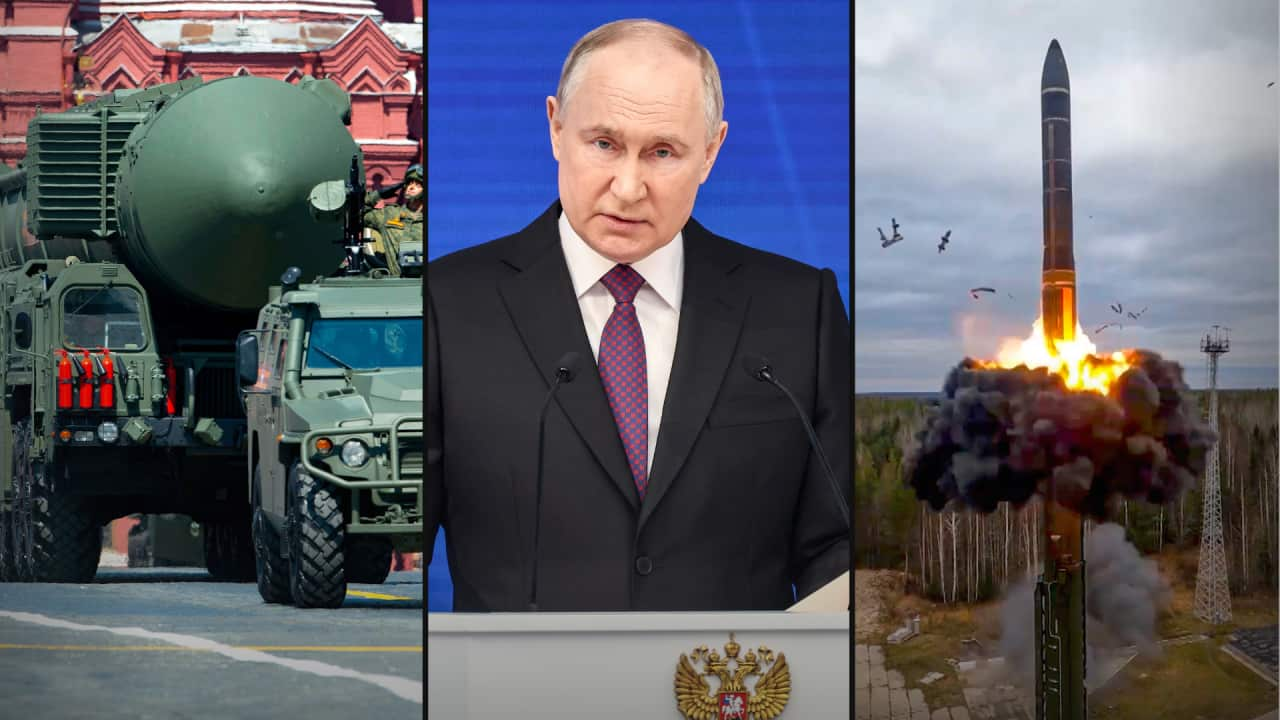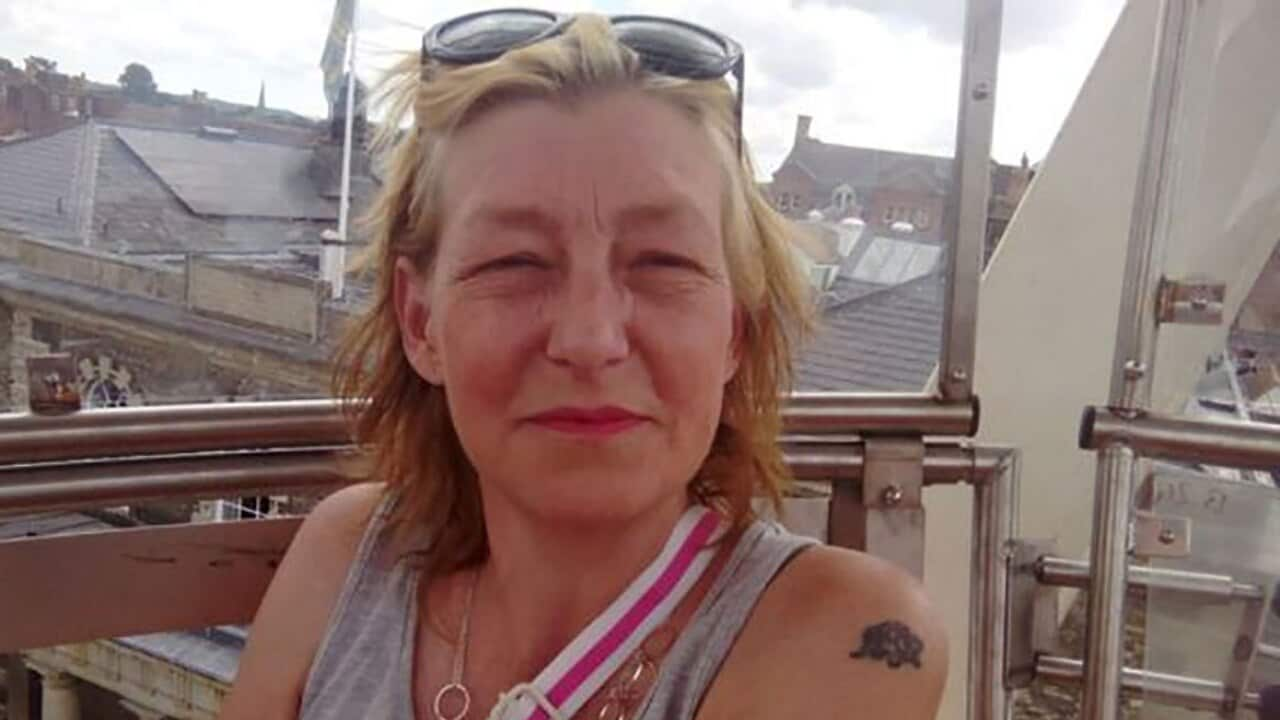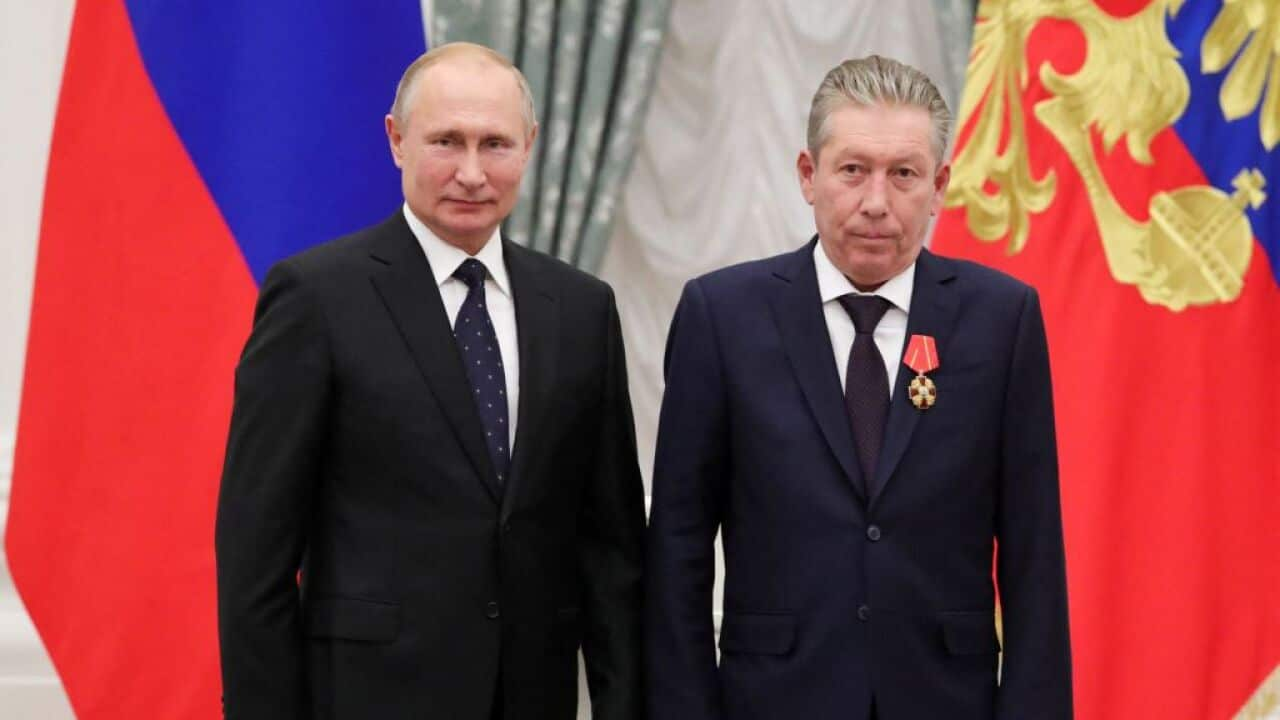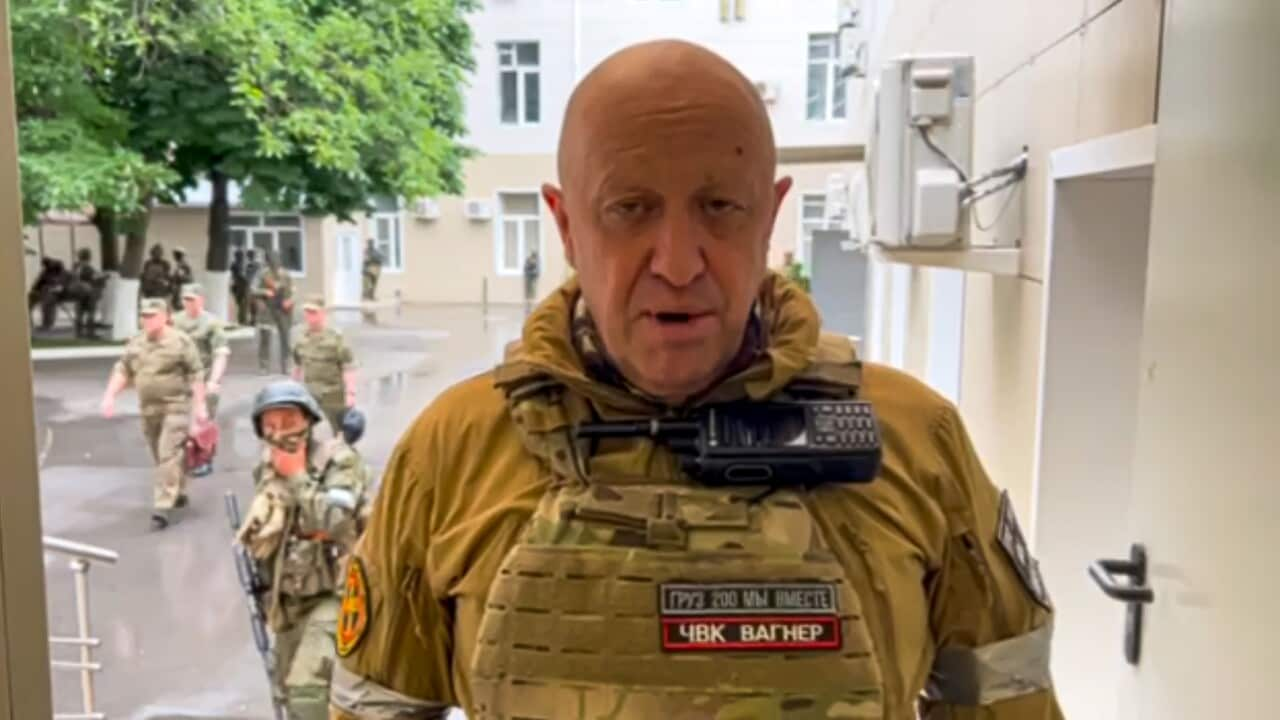Key Points
- Alexei Navalny, a fierce critic of Russian President Vladimir Putin, died in a Russian prison in February.
- Last August, Russian mercenary Yevgeny Prigozhin, who led an armed rebellion against Putin, died in a plane crash.
- Many of Putin's other enemies and critics have died in mysterious circumstances over the years.
Vladimir Putin is one of the world's longest-serving leaders and is widely expected to be re-elected in this month's Russian presidential election.
As the election draws closer, attention has turned to the fates of those who have previously crossed the Russian president.
In February, former opposition leader and anti-corruption activist Alexei Navalny — arguably Putin's most famous critic —
He's not the first of Putin's enemies to suffer a mysterious death or near-death experience.
What happened to Alexei Navalny?
Navalny, by far Russia's most famous opposition leader, rose to prominence more than a decade ago by lampooning the elite class around Putin and voicing allegations of corruption on a vast scale.
In August 2020, he was flown to Germany for medical treatment after being poisoned in Siberia with what Western experts concluded was the .
Russia denied any involvement.
Navalny voluntarily returned to Russia in 2021 and was immediately arrested on arrival.
In February, he died after collapsing and losing consciousness, the Russian prison service said.
The Federal Penitentiary Service of the Yamalo-Nenets Autonomous District said in a statement that Navalny "felt unwell" after a walk at the IK-3 penal colony in Kharp, about 1,900 km northeast of Moscow.
"The medical staff of the institution arrived immediately, and an ambulance team was called," the prison service said.
"All necessary resuscitation measures were carried out, which did not yield positive results. Doctors of the ambulance stated the death of the convict."
"The causes of death are being established."
World leaders, Navalny's family, and Russian opposition activists blamed the death on Putin and his government.
Putin has not commented publicly.
How did Yevgeny Prigozhin die?
In August 2023, Russian was .
Prigozhin was formerly an ally of Putin but became an enemy after launching what Russian in June 2023.
In 2014, he founded Wagner Group, a paramilitary organisation that has fought in Libya, Syria, the Central African Republic and Mali, among other countries.
The mercenaries were supporting the Kremlin in the war in Ukraine, until Prigozhin called for an armed rebellion and pledged to oust Russia's military leadership.
The mutiny was ended by an apparent Kremlin deal which saw Prigozhin agree to relocate to neighbouring Belarus.
The crash came two months after the mutiny, and some suggested - with no evidence - that Putin had ordered Prigozhin to be killed as punishment.
There was also speculation about whether Prigozhin had really been on the doomed flight, but Russian investigators later said genetic testing had confirmed he was among the 10 people killed in the crash.
Putin paid a mixed tribute to Prigozhin following his death, describing him as a "talented businessman" but also as a flawed character who "made serious mistakes in life".
Sergei Skripal's Novichok poisoning
A former Russian double agent who passed secrets to British intelligence, Sergei Skripal and his daughter Yulia were found unconscious on a bench outside a shopping centre in the English cathedral city of Salisbury in March 2018.
They were taken to hospital in critical condition, and British officials said they had been poisoned — like Navalny — with Novichok, a group of nerve agents developed by the Soviet military in the 1970s and 1980s.
Both Skripal and his daughter survived.
Russia has denied any role in the poisoning and said Britain was whipping up anti-Russian hysteria.
Pavel Antov's hotel death
Russian politician and millionaire Pavel Antov had been critical of Putin's war with Ukraine.
In June 2022, Russian media published a WhatsApp message attributed to Antov that said a Kremlin missile bombardment on Ukraine was "terrorism".
Antov took to the Russian social media network VK to deny writing the message, insisting that he supported Russia's "special military operation" in Ukraine.
In December 2022, he died after reportedly falling from a hotel room in India.
The 65-year-old's body was found in a pool of blood outside his lodgings in the eastern state of Odisha, where he was on holiday with three other Russian nationals.
His death came two days after another member of the travel party, Vladimir Bidenov, was found unconscious after suffering an apparent heart attack.
Deaths in the oil and energy industries
In September 2022, Ravil Maganov — chairman of oil company Lukoil — died after falling from a hospital window in Moscow, two sources familiar with the situation told Reuters, confirming reports by several Russian media.
But the circumstances surrounding his fall were unclear.

Lukoil took a public stand over Russia's actions in Ukraine. Source: AAP / Stephanie Lecocq / EPA
In a statement, the company said he died "following a severe illness".
A former board member of Lukoil, Alexander Subbotin, was found dead in Moscow in May 2022.
Lukoil had taken a public stand over Russia's actions in Ukraine, with the company's board of directors expressing its concern over the "tragic events" and calling for the "soonest possible end to armed conflict".
There have also been several deaths reportedly tied to the Russian state-owned energy giant Gazprom.
Gazprom's head of transport Leonid Shulman was found dead in a cottage, and executive Alexander Tyulakov was found dead in his St. Petersburg home the morning after Russia invaded Ukraine.
The poisoning of Alexander Litvinenko
Alexander Litvinenko, an ex-KGB agent and outspoken critic of Putin, died in 2006 aged 43 after drinking green tea laced with polonium-210, a rare and potent radioactive isotope, at London's Millennium Hotel, British officials have said.
Putin probably approved the killing, a British inquiry concluded in 2016.
The Kremlin has denied involvement.
An inquiry led by a senior British judge found that former KGB bodyguard Andrei Lugovoy and another Russian, Dmitry Kovtun, carried out the killing as part of an operation that he said was probably directed by Russia's Federal Security Service (FSB), the main successor to the Soviet-era KGB.
Litvinenko fled Russia for Britain six years to the day before he was poisoned.
Whistleblower killed while jogging
Alexander Perepilichny was found dead near his luxury home in an exclusive gated estate outside London after he had been out jogging in November 2012.
The 44-year-old Russian sought refuge in Britain in 2009 after helping a Swiss investigation into a Russian money laundering scheme.
His sudden death raised suggestions he might have been murdered.
British police ruled out foul play despite suspicions he might have been murdered with a rare poison.
A pre-inquest hearing heard that traces of a rare and deadly poison from the gelsemium plant were found in his stomach.
Perepilichny had enjoyed a large bowl of soup containing sorrel, a popular Russian dish.
Russia denied involvement.
Anna Politkovskaya
Journalist Anna Politkovskaya was shot dead outside her flat in Moscow in 2006, after returning home from the supermarket.
She was a journalist who reported on human rights abuses and was critical of Vladimir Putin.
Her assassination took place on Putin's birthday.
The murder of Politkovskaya provoked an outcry in the West and underlined concerns about the dangers reporters working in Russia faced.
